Iran rejects any limit to oil exports after Russian envoy's tweet
Iran says it will not accept any limit to its exports of oil when the situation normalizes with the removal of the most draconian US sanctions on the country.
Tehran is facing a race against time to reclaim its standing in the global energy market as producers plan to ramp up oil production through the end of 2022. President Ebrahim Raeisi, who took office on Thursday, has said that he will seek to remove the "tyrannical sanctions imposed by America".
Negotiations in Vienna to bring the US back to compliance with the 2015 nuclear deal with Iran have been suspended since mid-June. Iran's traditional customers are watching the talks with interest and some companies are said to have held discussions to resume purchases.
Outgoing Iranian Minister of Petroleum Bijan Zanganeh said last month that some members of the Organization of Petroleum Exporting Countries (OPEC) were concerned about how a return of Iranian barrels to the market would affect the prices.
Zanganeh said he told an OPEC+ meeting on July 18 that Iran would not hesitate to fully regain its market share once the sanctions were removed.
On Thursday, Iran's ambassador and permanent representative to international organizations in Vienna, Kazem Gharibabadi, reiterated the stance.
"Iran has always been an active and important founding member of the OPEC and we will continue our positive role in the Organization. However, we have always said that Iran will not accept any limitation on its oil production and export' level when the situation is normalized," he tweeted.
Iran has always been an active and important founding member of the OPEC and we will continue our positive role in the Organization. However, we have always said that Iran will not accept any limitation on its oil production and export' level when the situation is normalized. 1
— Gharibabadi (@Gharibabadi) August 5, 2021
His remarks came in response to his Russian counterpart Mikhail Ulyanov's tweet that hoped after the removal of the sanctions, "Iran will join efforts of OPEC+ to maintain the oil market stability".
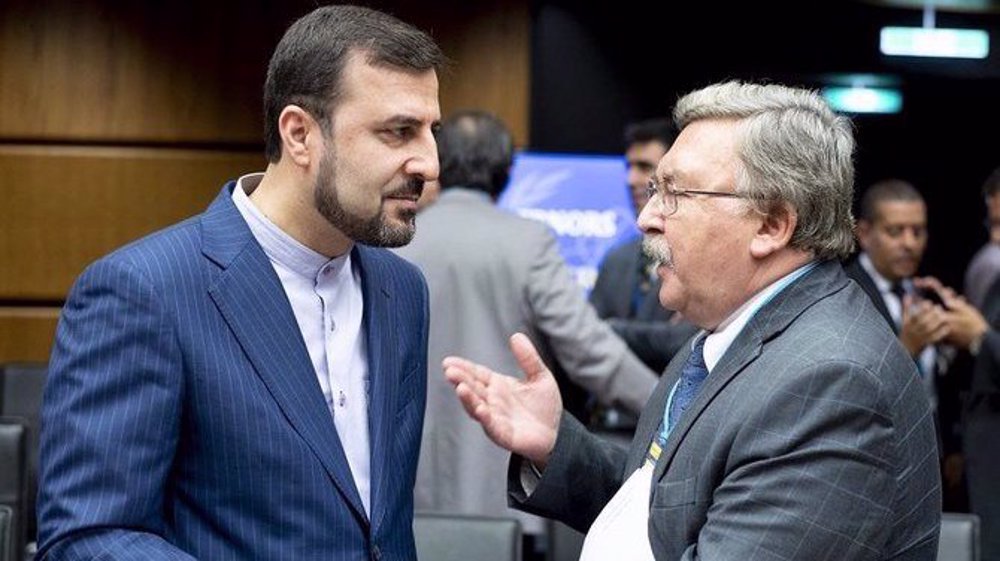
"This would be merely a national decision rather than a decision to be taken through joint efforts," Gharibabadi responded.
This would be merely a national decision rather than a decision to be taken through joint efforts. 2 pic.twitter.com/IBMd9piVg7
— Gharibabadi (@Gharibabadi) August 5, 2021
In their meeting, OPEC and its Russia-led oil-producing allies agreed to unleash millions of barrels of bottled-up crude that would see oil output return to pre-pandemic levels by the end of 2022. Under the deal, oil producers would ramp up production by 400,000 barrels per day every month.
Iran has been exempt from cuts to global supply agreed between OPEC and non-OPEC members in recent years in order to shore up prices.
Petroleum ministry officials have said a removal of the sanctions could bring back 3.8 million barrels per day of Iranian oil to the market over time. They are confident of the country's ability to increase production quickly. One senior official said recently that most output could be restored within a month.
Energy groups say the global oil market is able to absorb the additional supply relatively quickly, given rising demand for fuel as global economic activity recovers from the impact of the COVID-19 pandemic.
At least one European refiner has been cited to have held in-depth discussions with the National Iranian Oil Company (NIOC) on resuming purchases. Indian refiners have also said they plan to reduce spot purchases to make way for Iranian contract barrels.
Since April, Iranian crude production has risen a modest 50,000 bpd, while the rest of the OPEC+ alliance has hiked output by about 1 million bpd, according to S&P Global Platts estimates.
More OPEC+ crude will be coming as a result of the group’s new supply accord, and several members will be targeting the same key markets in Asia as Iran, which means the country has no time to waste in order to redeem its market share.
“Regaining Iran’s share in the global oil market requires a strategic program and smart diplomacy,” Mostafa Nakhaie, spokesman of the parliament’s energy committee, said last month.
“We need to boost relations with OPEC members and old customers of our oil. We also should try to find new markets and customers,” he added.
NIOC has reportedly been negotiating with several Southeast Asian countries that have not typically imported its crude, including the Philippines, Thailand, Vietnam and Bangladesh, in addition to its traditional customers in China, India, Japan and South Korea, as well as Europe.
With Zanganeh having announced his retirement, President Raeisi has yet to name an oil minister. On Thursday, OPEC Secretary General Mohammad Barkindo attended Raeisi's inauguration in Tehran and wished him the best.
The ceremony was attended by a large number of world leaders, dignitaries and senior officials, as well as heads of international organizations. pic.twitter.com/723JRDMokE
— OPEC (@OPECSecretariat) August 5, 2021
Raeisi expressed his appreciation for the OPEC secretariat' efforts in maintaining the oil market stability during the past two years, and wished Barkindo and his colleagues all the success.
"The Iranian nation won't give up its legitimate rights, including the right to development, under pressure and sanction. Sanctions against Iranian nation shall be removed and any diplomatic proposal to materialize this goal, is supported by us," Raeisi told the swearing-in ceremony.
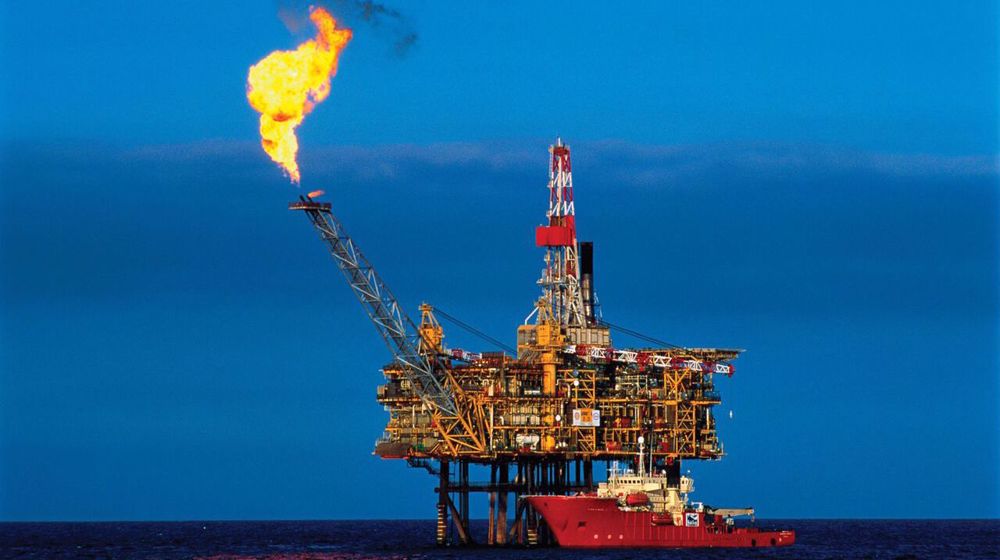
Iran’s daily sweet gas production peaks at 870 mcm: NIGC
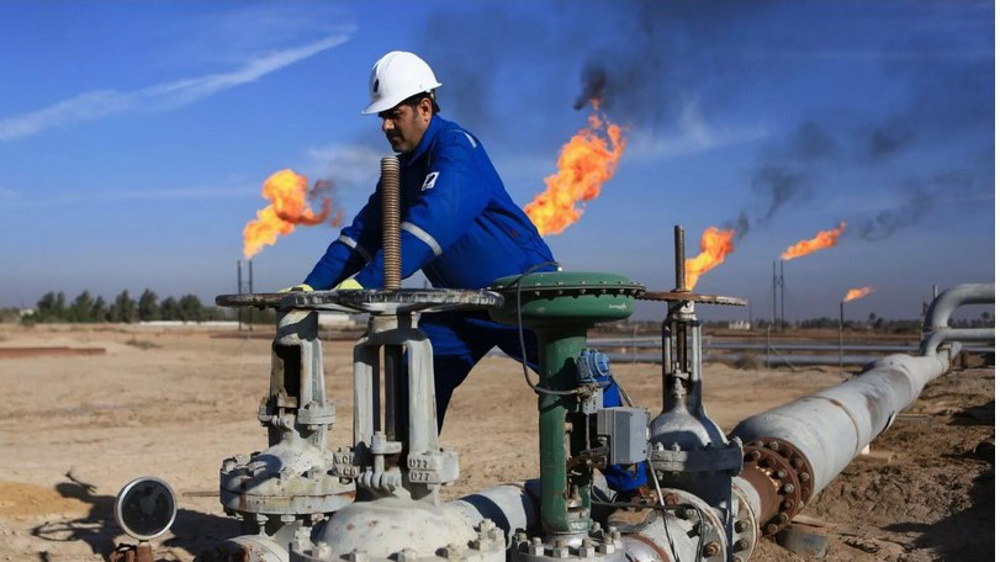
Iraq denies it is resuming oil exports from Kurdistan under US pressure
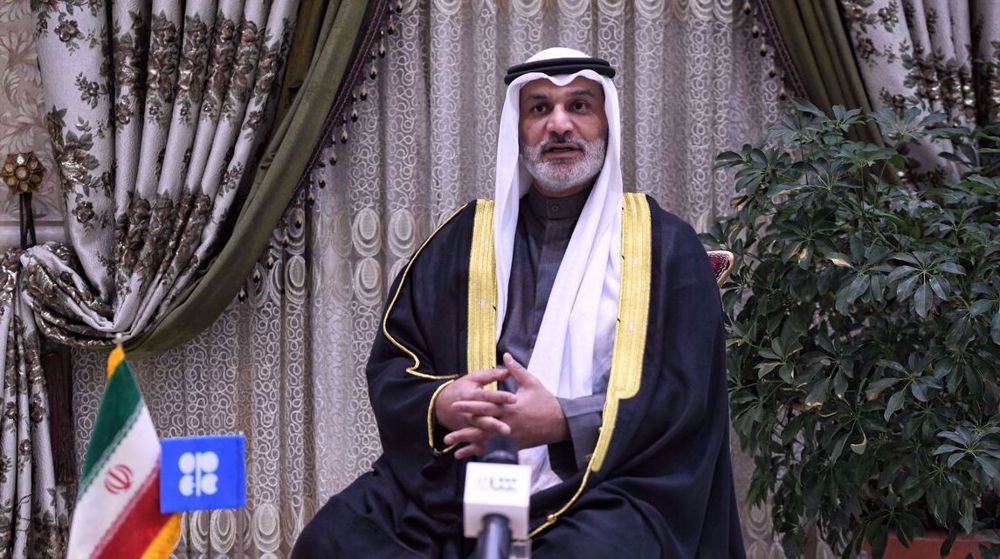
‘Petroleum demand will rise despite global push for renewables’
Over dozen settlers injured in anti-Israel operation near Haifa
Pezeshkian: Iran open to talks but won’t capitulate to bullies
VIDEO | Iran unveils advanced naval arsenal
VIDEO | Reunion of released Palestinians and their families in Khan Yunis
Kurdish leader Ocalan calls on PKK militants to end war with Turkey
Health leader warns Africa's health services at risk of 'collapse'
VIDEO | Press TV's news headlines
Iranian flotilla makes port call in India with 'friendship message'


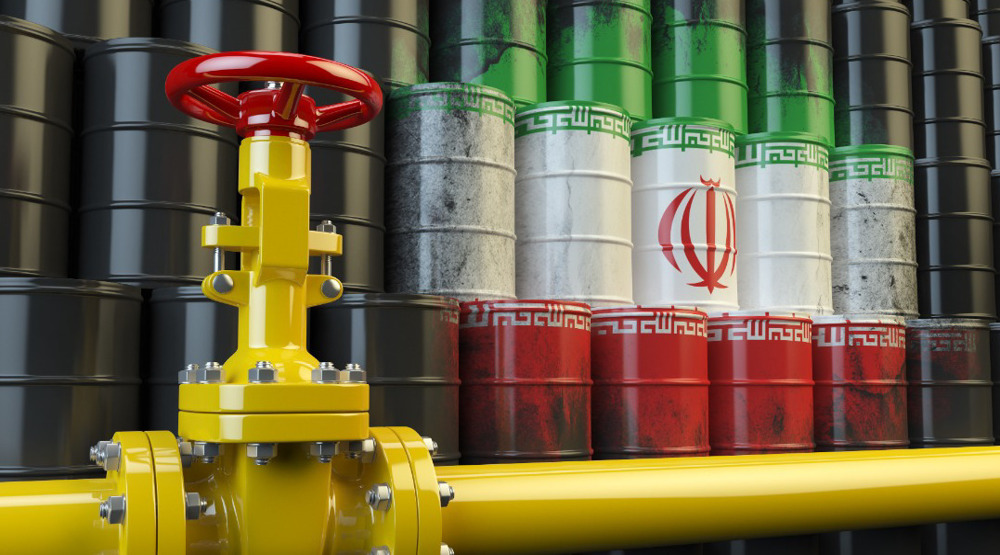
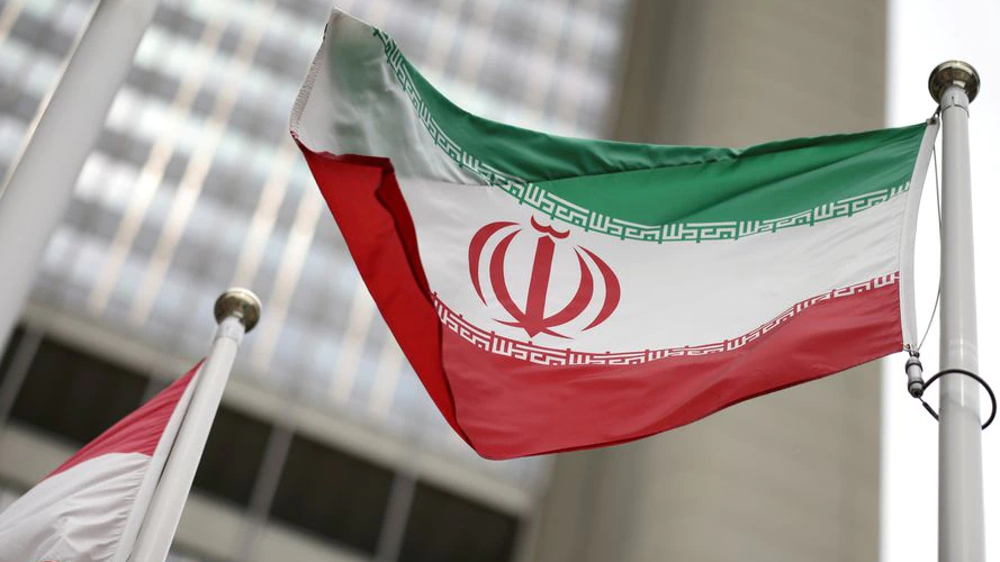




 This makes it easy to access the Press TV website
This makes it easy to access the Press TV website